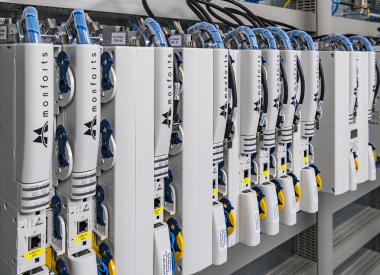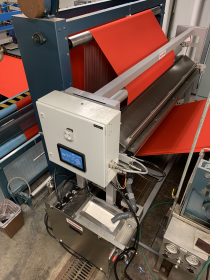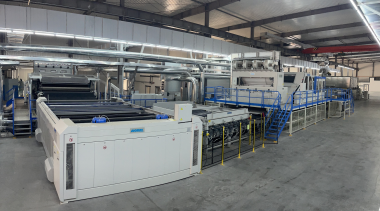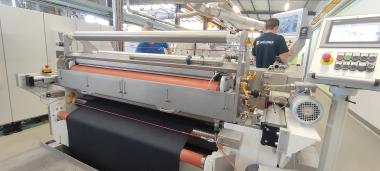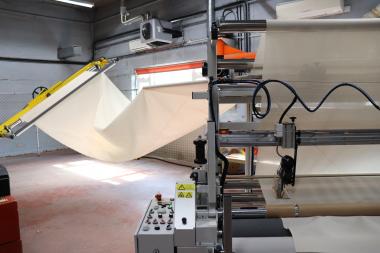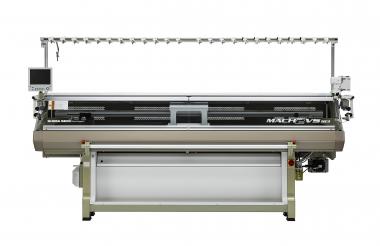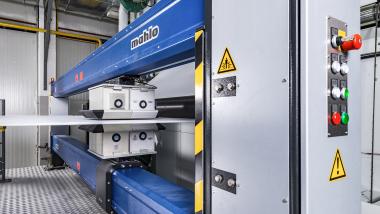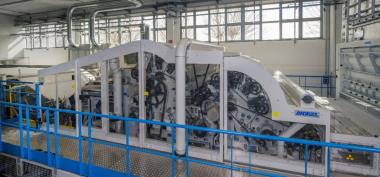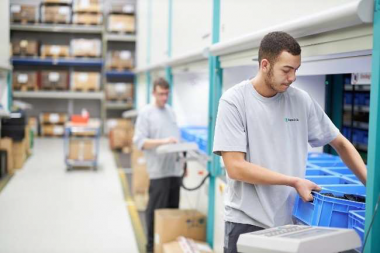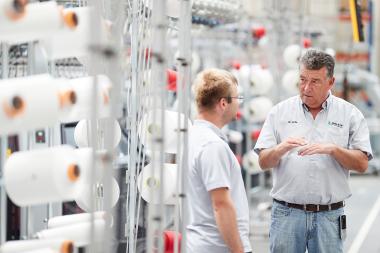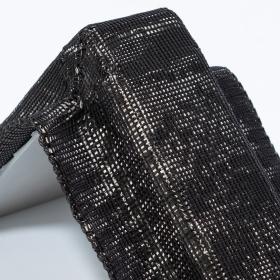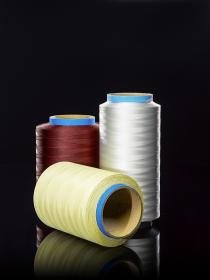VDMA: Junior engineers with focus on sustainability
On the occasion of the Techtextil fair in Frankfurt, the Chairman of VDMA’s Walter Reiners-Stiftung Foundation, Peter D. Dornier, has awarded prizes to seven successful young engineers. For the first time, the Foundation awarded two Sustainability Awards. They are awarded to academic works in which, for example, solutions for resource-saving products and technologies are developed.
A Sustainability Prize in the category Project Work, endowed with 3.000 euros was awarded to Simon Hoebel, TU Dresden, for his thesis on recycled thermoplastic fibres for composite components.
Marina Michel, TU Dresden, received a Sustainability Award in the category Master, worth 3.500 euros. The topic of her master thesis was the functionalisation of yarns for the filtration of micro- and nanoplastics from water.
A Promotion Prize in the category Project Work, endowed with 4.000 euros, was awarded to a student group from RWTH Aachen. The teamwork of Luis Gleissner, Leopold Habersbrunner, Frederic Olbrich and Frederik Schicks was the construction of a test rig for tests on oil-adsorbing textiles.
Felix Zerbes, RWTH Aachen, was awarded a Promotion Prize of 3.500 euros in the category Master. He developed a technical solution for air jet weaving to improve the quality of woven fabric.
VDMA e. V.










